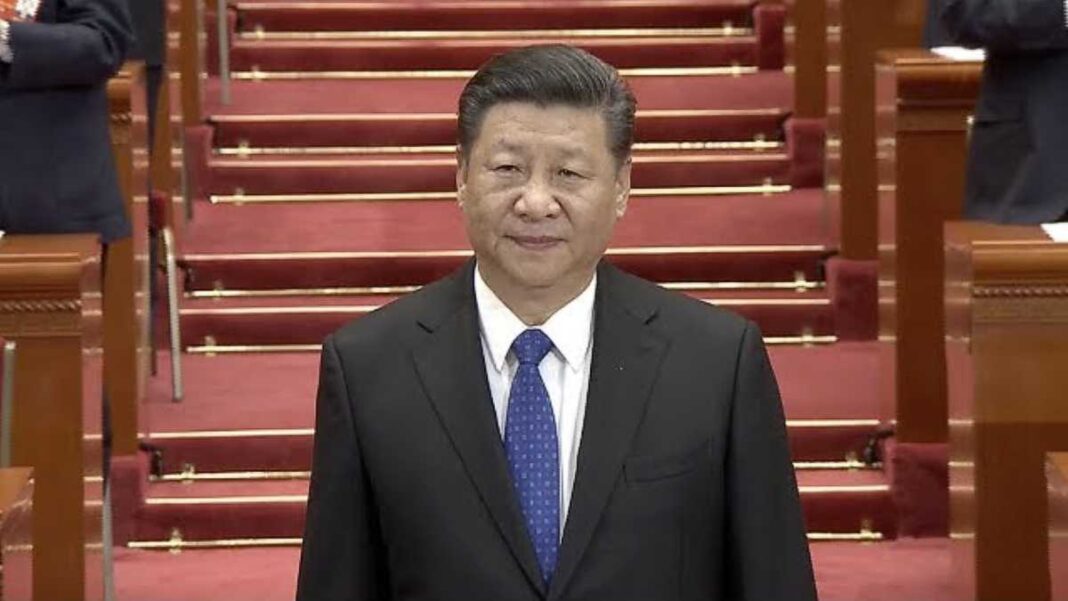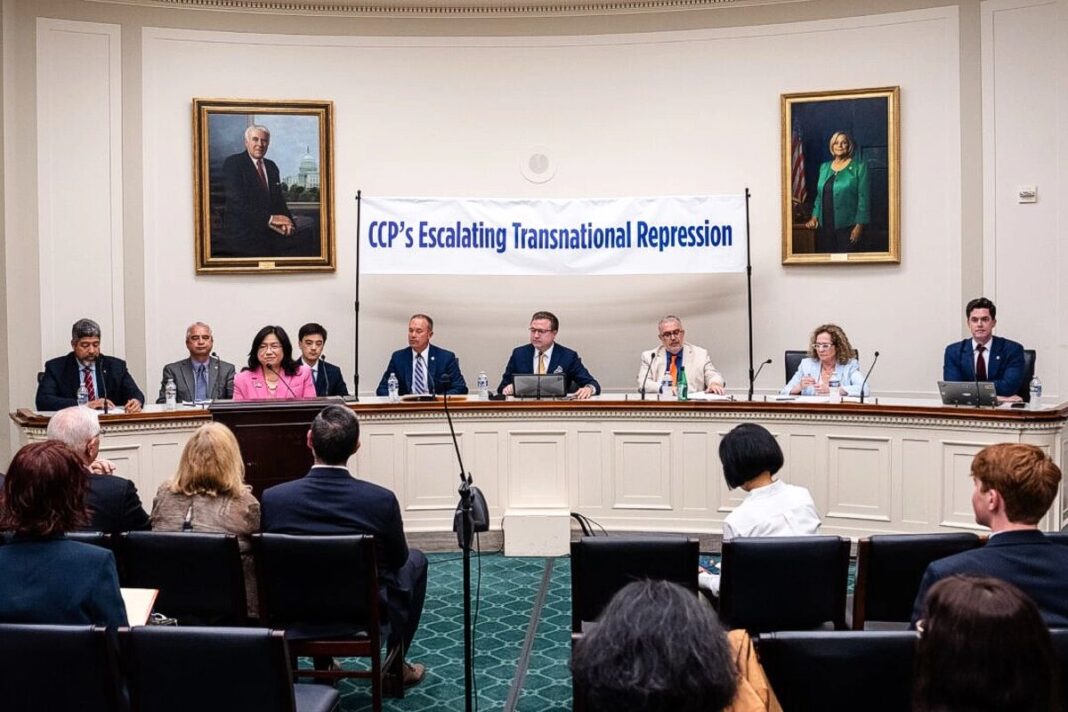Experts point to signs of Xi Jinping’s declining authority, which undermines his influence in U.S.-China negotiations.
News Analysis
After a 14-day absence from public view, Chinese leader Xi Jinping reappeared on June 4 to host Belarusian President Aleksandr Lukashenko at his official residence in Beijing. The meeting was unusually subdued, with both Chinese and Belarusian media describing it as “family-like” and informal. In contrast to standard state visits, it received limited media coverage, underscoring its low-profile nature.
These unusual developments—alongside numerous claims by whistleblowers suggesting that Xi is now serving only in a nominal capacity—have sparked widespread speculation about political unrest within the Chinese Communist Party’s (CCP) top leadership. Some experts believe that Xi may be losing his once-unchallenged grip on power—or at least facing internal constraints on his decision-making authority, including over key issues like U.S.-China negotiations.
In an interview with The Epoch Times on June 3, Wu Zuolai, a U.S.-based scholar and political commentator, offered a detailed analysis of what he sees as significant changes to Xi’s standing within the CCP.
According to Wu, Xi’s core leadership position has been notably weakened since the CCP’s Third Plenum meeting in July 2024, with a new internal counterweight emerging—led by reformist and moderate factions.
“There appears to be a temporary central group that has effectively sidelined Xi’s core authority,” Wu said.
He suggested that this reformist force likely draws strength from the political legacy of retired leaders such as Wen Jiabao and Hu Jintao, with support from select members of the Politburo and the Chinese People’s Political Consultative Conference (CPPCC), the country’s top advisory body.
“Look at the ongoing personnel reshuffling—it’s coming from all directions, not just Xi’s loyalists. Together, they form a diverse network of internal checks and balances,” he noted. “Many of those he previously promoted have been removed, suggesting a systematic effort to dismantle the foundations of Xi’s long-term rule.”
Wu described the shift not as open defiance, but as a quiet rebalancing of power, driven by personnel changes and policy adjustments aimed at curbing Xi’s cult of personality and policy extremism.
By Olivia Li








